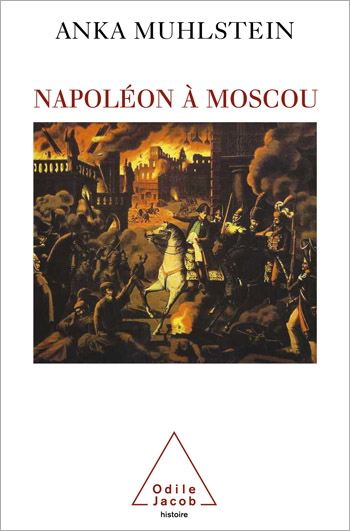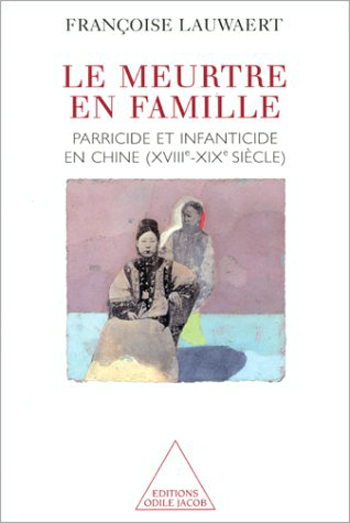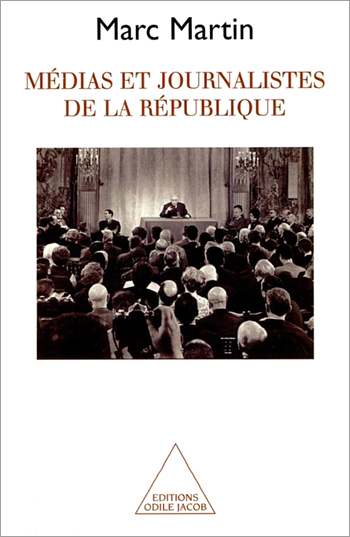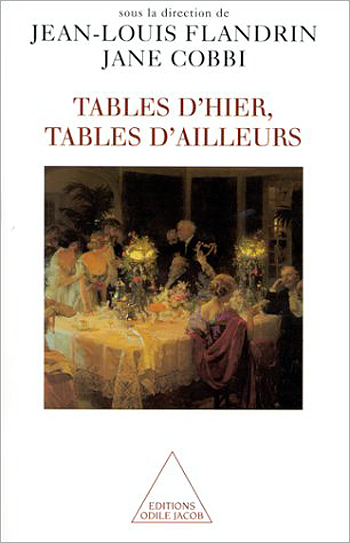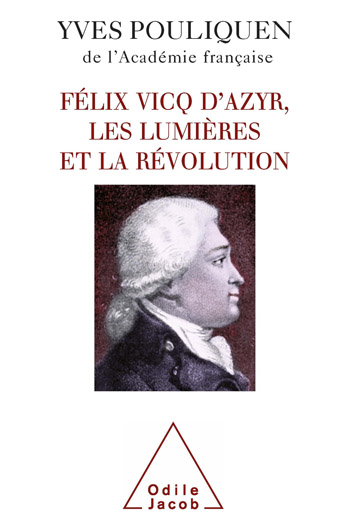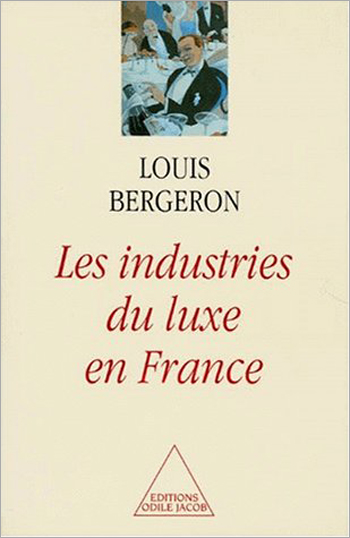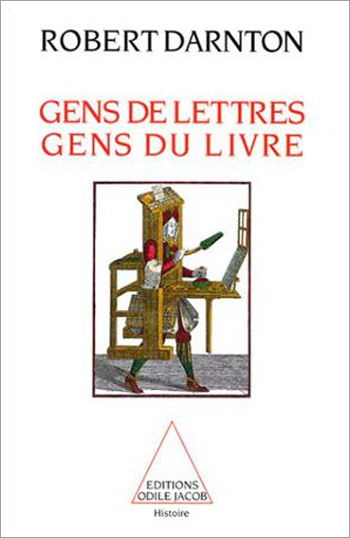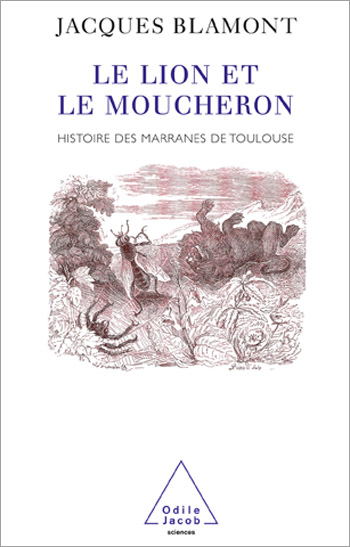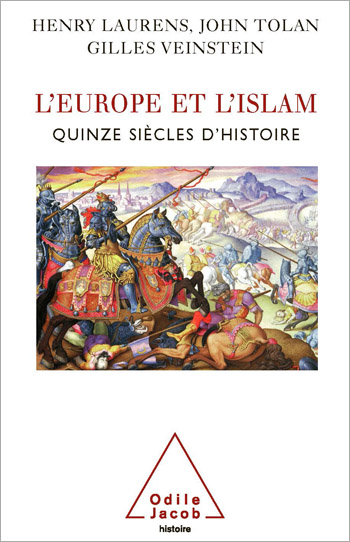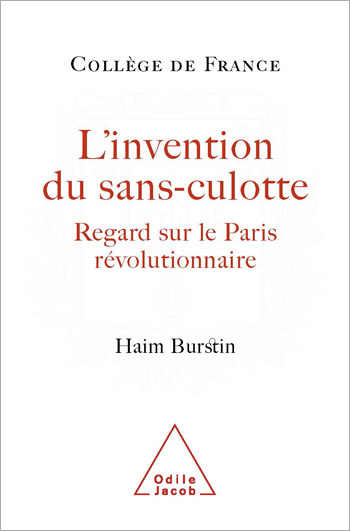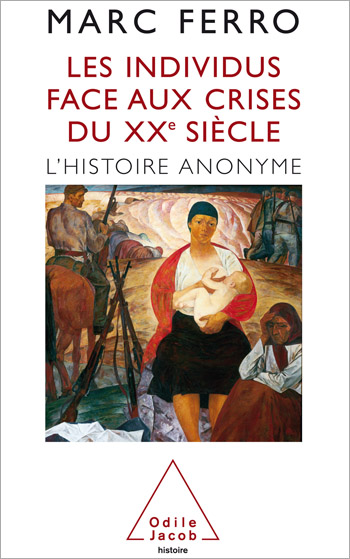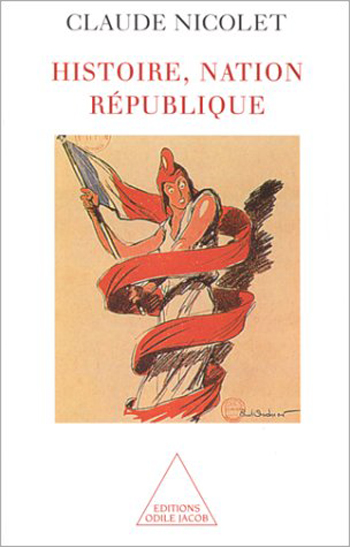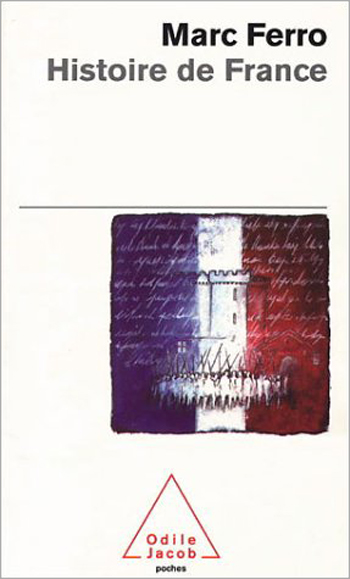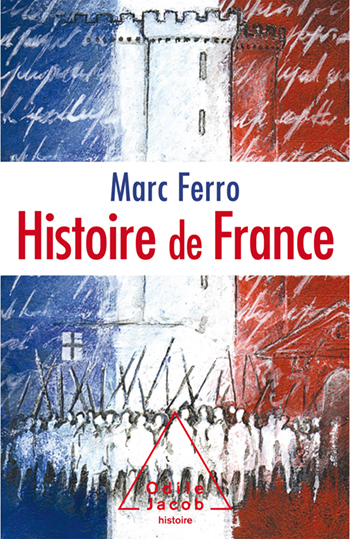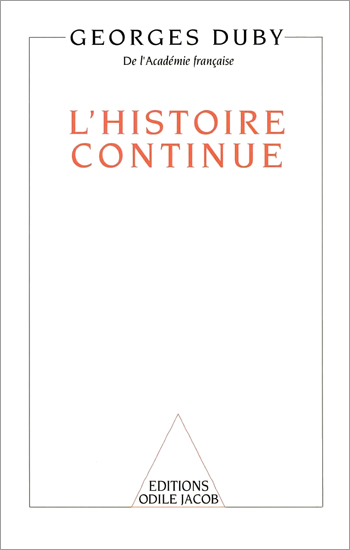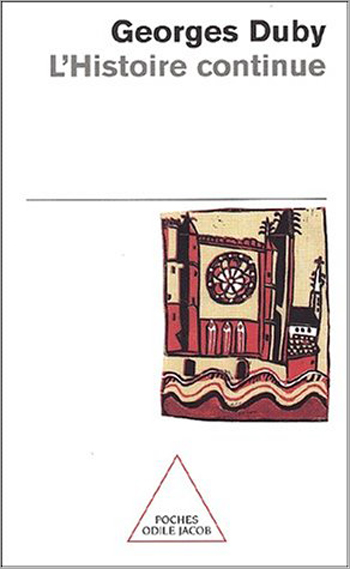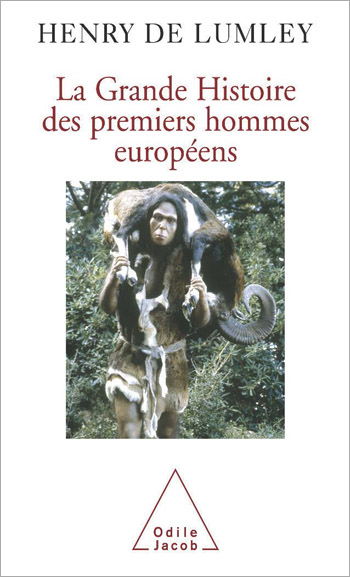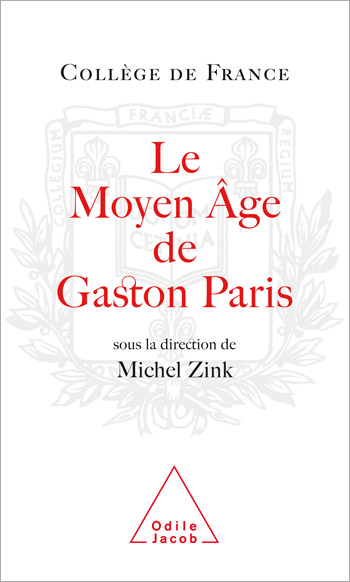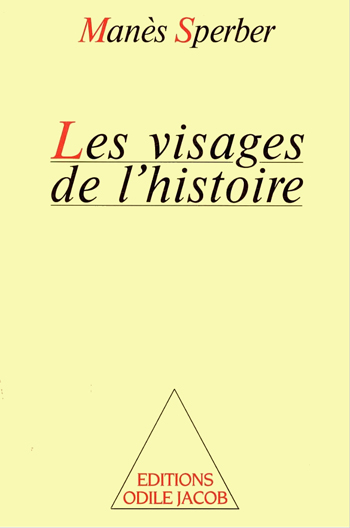History All books
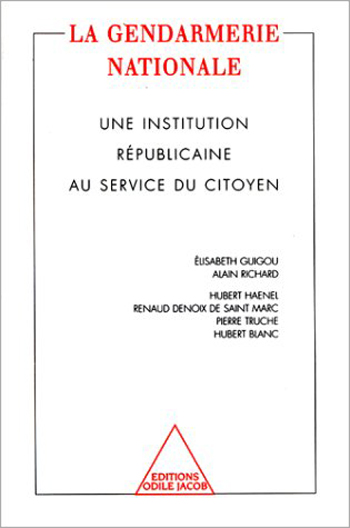
Collectif
The National Gendarmerie A Republican Institution for Civic Service
The national Gendarmerie has passed through eight centuries of history in constantly adapting to the needs of the State and citizens. The changes of political regimes and governments has little by little forged an original military institution, faithful to republican principles. Its specificity lies in the multiplicity of its tasks : defence, judiciary policing, and public security. On October 12th 1999, more than three hundred members of parliament, senior officials, academics, practitioners, researchers and military men were brought together at the Luxembourg Palace. The proceedings of this conference are gathered together in this book for the purpose of helping to trace a vision of the future for tomorrows Gendarmerie.
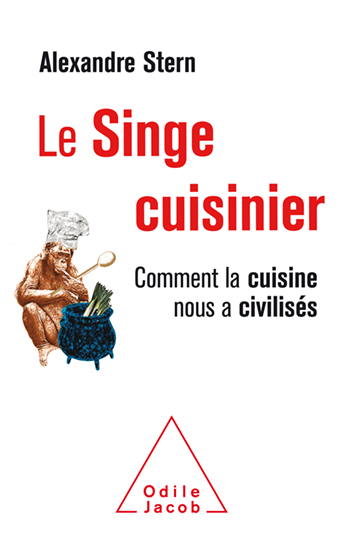
Alexandre Stern
Monkeys in the Kitchen How Cooking Made Us Human
How the invention of culinary and agricultural practices, the discovery and exchange of products, through the millennia have contributed to civilizing the human being.

Robert Darnton
Mesmerism and the End of the Enlightenment in France
At the beginning of 1778, Franz-Anton Mesmer arrived in Paris where he set about expounding his rather exotic theory - that the universe was swimming in a fluid which was responsible for occurences such heat, light, electricity and magnetism, but it was this fluid's relevance to medicine which he wished to highlight. In order to restablish health and man's harmony with nature he undertook strange healing sessions which became the origins of an extraordinary craze. Quickly, mesmerism became a disguised political theory. In demonstrating the links of mesmerism to politics, and the scientific notions of the age, Robert Darnton provides in this work a decisive contribution to the study of the diffusion of ideas in French society at the end of the 18th century. Robert Darnton is a professor at the University of Princeton
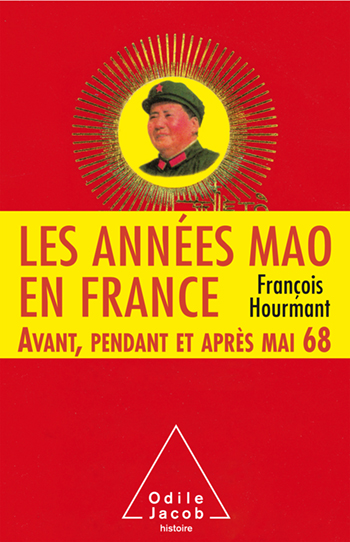
François Hourmant
The Mao Years in France: Before, During, and After May ‘68
The mechanisms of this “indoctrination,” personalities, organizations, journals, newspapers, authorities, and men in power who nourished and defended the Maoist ideology; what still remains of it today.
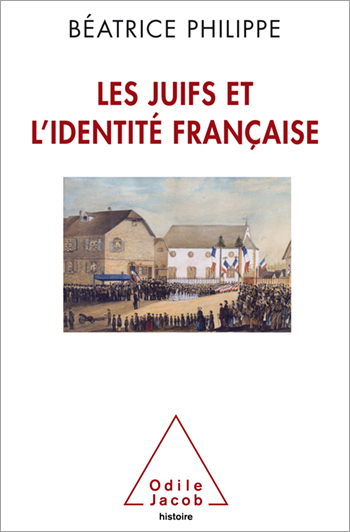
Béatrice Philippe
The Jews and French Identity
How Jews in France successfully integrated without denying their identity
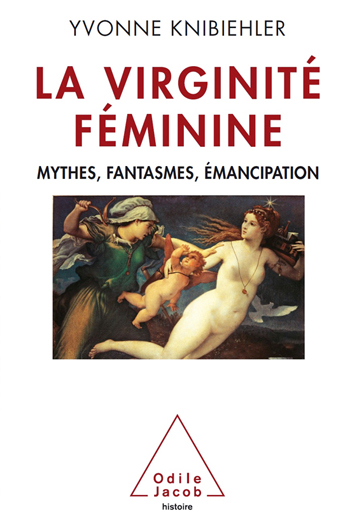
Yvonne Knibiehler
The History of Virginity Myths, fantasies, emancipation
An original analysis of the evolution of male-female relations, as seen through the changes in their respective understanding of female virginity.
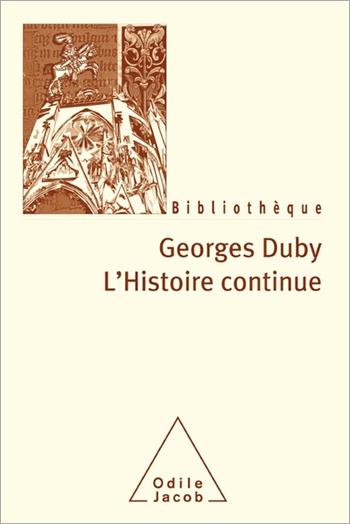
Georges Duby
History Continues
“I have undertaken to talk, soberly and informally, of my profession...
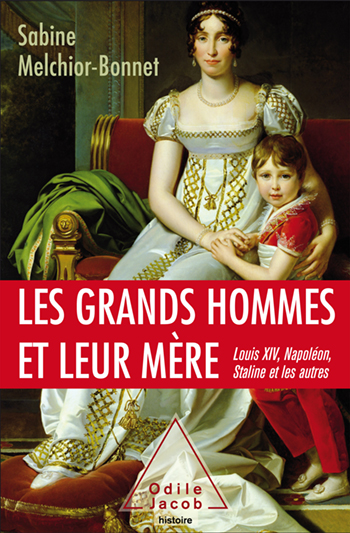
Sabine Melchior-Bonnet
Great Men and Their Mothers Napoleon, Louis XIV, Francis I, Kennedy and others
Another way to write the biography of a number of great men. An unusual historical perspective, intertwining serious research and a talent for writing. A history of representations of the maternal figure and a study of the evolution of the filial bond. A historical standpoint that offers readers a fresh look at the lives of men they thought they knew well, from Louis XIV to Stalin, via Napoleon and Kennedy
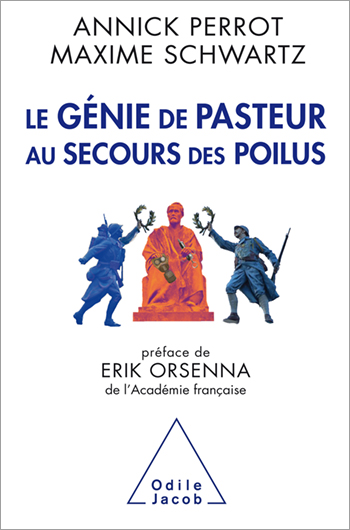
Annick Perrot, Maxime Schwartz
The Genius of Pasteur: Saving the ‘Poilus’
How Pasteur and his followers saved lives and changed the course of the war in 1914-1918
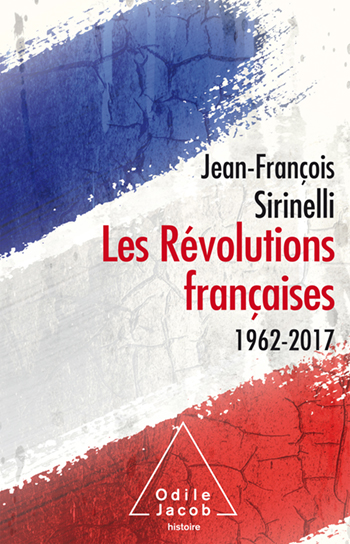
Jean-François Sirinelli
France in an Age of Major Upheaval 1962-2017
A look at France’s recent history by an historian attempting to define a consistent theme and perhaps also paint a picture of what the future may have in store.
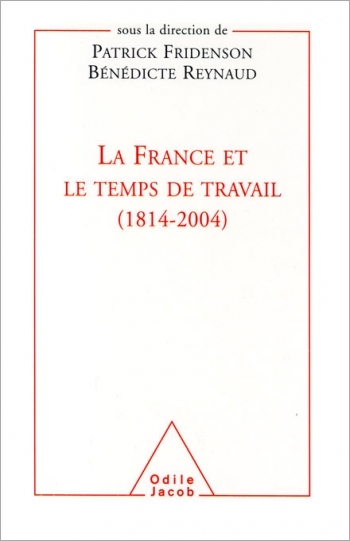
Patrick Fridenson, Bénédicte Reynaud
France and the Age of Work (1814-2004)
In this history about working hours in France during the nineteenth and twentieth centuries, the authors present two highly original theses which go against some established ideas. Their first thesis is that the limitation or reduction of labour hours was not a political, social or economic issue but primarily a question of public health. The authors second thesis is that the movement for shorter hours was never a major demand of the trade unions since absenteeism served to regulate working hours but the policy of national and international institutions. This is a history book which responds to an impassioned issue in recent French political events. Patrick Fridenson is a historian. Bénédicte Reynaud is an economist.
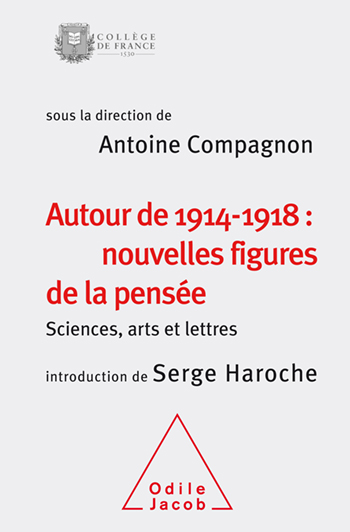
Antoine Compagnon
The First World War, 1914-18: New Thinkers and Artists Upheavals in Science and in the Arts and Letters
The Great War: ruptures and reconfigurations in society
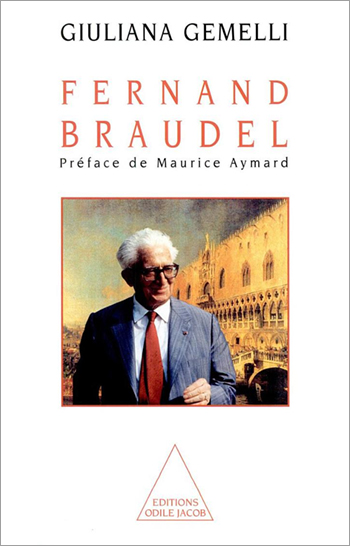
Guiliana Gemelli
Fernand Braudel
Fernand Braudel is considered as one of the major historians of the XXth century. Making his stand against factual history, he was one of the founders of the triumph of new history: the history of human societies rooted in their geographical space and obstinately determined to produce their material civilization there. This biography takes its strength from friendly conversations between Braudel and Giuliana Gemelli, who because she is Italian, had the necessary distance to make a demanding quest.

